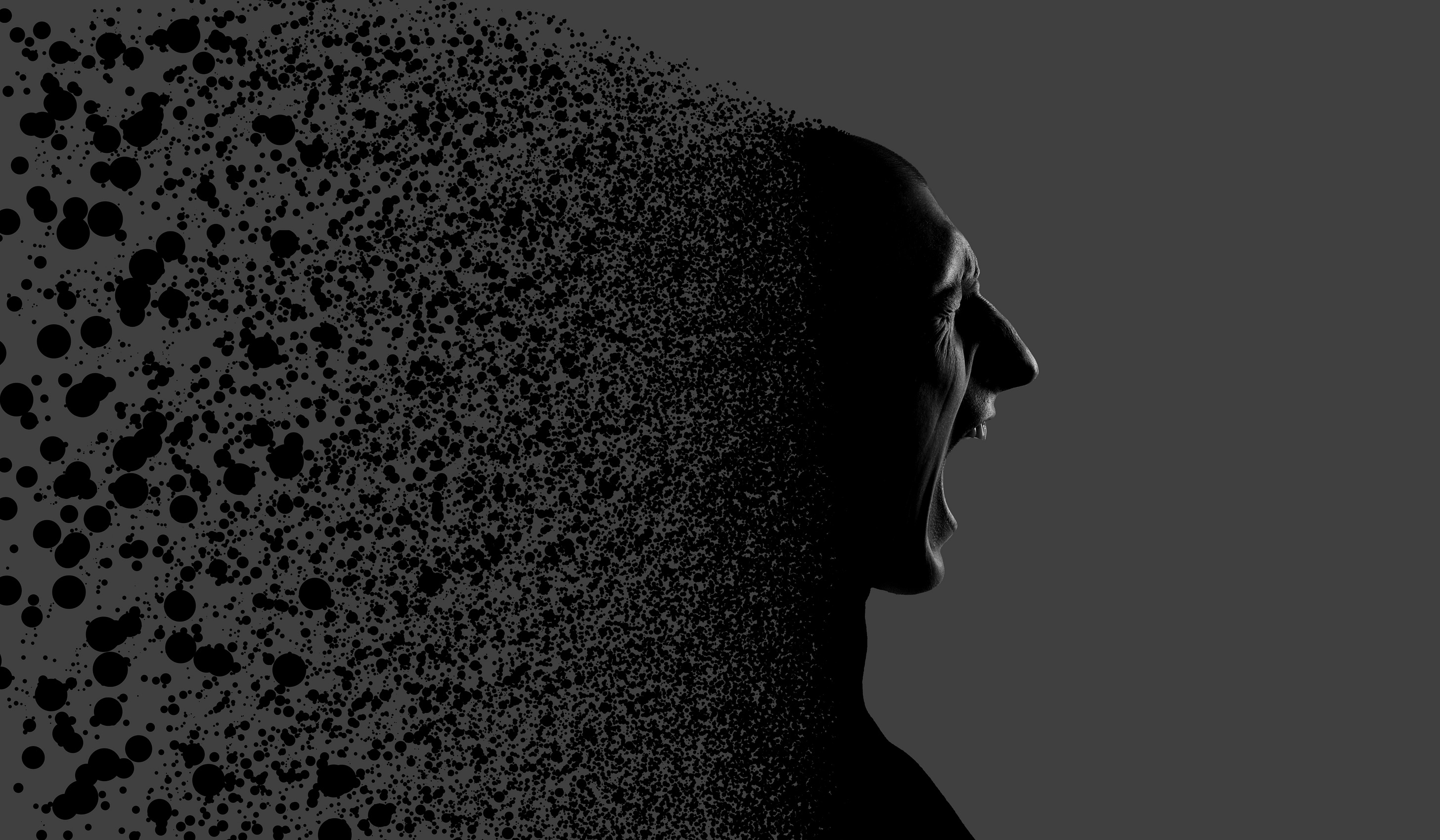 |
Why do we resist doing things that we know are good for our well-being while craving things that are detrimental to it?
Maybe the central Western conflict concerns how much reason can and should be our guide in distinguishing what is good for us from what is bad. The test of reason is how much it not only can distinguish good from bad but cause us to take the good way instead of the bad way.
But this is the test of other potentially ultimate authorities of appeal besides reason, such as the religious ones of revelation by, and imitation of, the holy. There is also the sometimes-religious and sometimes-philosophic authority of mystery, the realm where the good way only opens through a kind of non- or un-doing, of being done to in a way always inaccessible to explication or rationalization.
Of course none of these different authorities conflict so completely that anyone wise has quite claimed that one blows the others out of the experiential water. In the West and probably not just the West it has all been a matter of which authority dominates, rules, oversees or harmonizes the whole of different fundamental parts.
But this is a lot to digest, the work of many lifetimes which even then still is not so easy to use as a resource for taking the good way and not the bad. And in a society without strong structures of cultural discipline many will meander and waffle unsure of which emphasis to give what.
In an age when the cultural and technological milieu is one that plays up the force of opinions and propositions and arguments, meandering and waffling rise in a sense to the level of a notion of the good way. The journey of working through competing images of the good way becomes more important than the destination, one which becomes better off not arriving.
But in an age when the techno-cultural milieu plays down products of the imagination or calculation that produce a big ecosystem of rival images of the good, reason and religion seem to develop a superficially heightened rivalry that resolves into a deeper harmony. On the one hand, the quest to purify and complete reason encourages its abstraction and automation, pointing toward the destination where all bow to the authority of what we might call a universal reason machine. On the other, the fullest development of religion unites all human faculties under its wing, such that reason is shown to be developed most fully when aided by that which reason alone cannot open regarding the good way.
In times of turbulent or sudden change between milieus, people are apt either to grasp for the most quickly accessible strongest point where they are weakest. Historically this has been religion not reason, although the development or even the promise of a universal reason machine offers the prospect of another choice beside conversion to creed. But the discovery that our increasingly autonomous machines truly do not care about us or relate to us is leading to a deepening sensibility that we can only put our however-rational machines on the good path through religion and not reason—a lesson in the making that reflects back in some way on ourselves. Why might many of us resist learning this lesson? A mystery worthy of much contemplation—and prayer.
-James Poulos, executive editor of The American Mind
Because we have both barbaric and angelic inclinations, we have competing desires and interests. We learn gradually what is good for us, yet we aren't ruled by reason or the moral sense. The quick fix—through food, drugs, porn, etc.—promises immediate gratification, but in the long run the cheap pleasures go stale, and ultimately they corrode our soul.
Even though you probably heard all this at Sunday School, it's true! I never had any religious education in my youth, so this grammar-school morality lesson was hard-won through bitter experience. Take it from me—trust the still small voice urging you to take the rocky path of prudence.
-Seth Barron, managing editor of The American Mind
“I do not understand my own actions. For I do not do what I want, but I do the very thing I hate” (Romans 7:15). It is a permanent problem. There is essentially no “why”—note that Paul begins by confessing, “I do not understand.” The essence of sin in the deep sense—not in the “this bad thing I do” but in the inherent dysfunction of our wills against which we constantly struggle—is irrational. It is just self-destructive desire. You know it’s bad, but you do it anyway.
“It was foul, and I loved it. I loved to perish. I loved my own error—not that for which I erred, but the error itself.” So Augustine in a childhood memory that has changed the Western world: the sin of stealing pears, he said, was the point. The essence of this unreason is, if we look directly at it, is too much for us to bear. We try and explain it away by giving game theoretical or evolutionary accounts of it, but it won’t do: sometimes you just shoot yourself in the foot.
It would be easier to stomach if we could explain why, so we do our darndest. But the resounding truth at the heart of all this mess is not an explanation but empathy: at the nadir of the universe, Christ on the cross too asks “why?” and receives no answer. “Why have you forsaken me?” There was no reason why God should have. There was just the fact that he did, and the fact of Christ’s suffering what we suffer on our behalf. He did not have to. He chose to. That is love.
This one is silences all our why’s and turns the nadir into the apex: the height of love is to suffer for no reason what we do for no reason. After that, and amen, there can only be silence.
-Spencer Klavan, associate editor of The American Mind
If you liked this post from American Mindset, why not share it?

